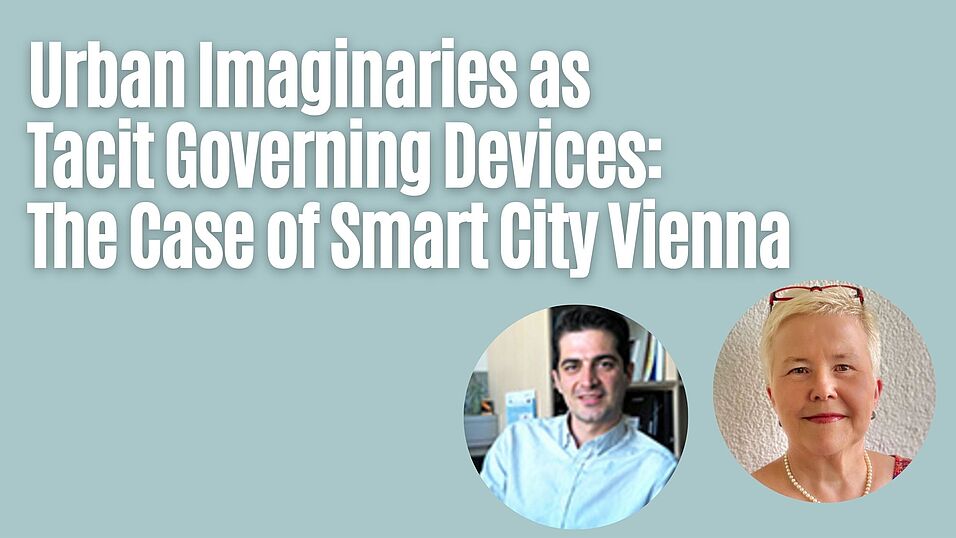Abstract
Many cities have formulated strategies, visions, and policies to deploy a local version of the “smart city.” While analysts have frequently focused on tech innovators as central players, this paper takes one step back investigating policy documents and how they open a space to reimagine the city. Taking Vienna as a case study, we examine how policy documents translate and adapt globally circulating smart city imaginaries into local versions. This offers insights into values and power relations that underpin urban imaginaries and allows to reflect how they participate in tacitly governing the future directions of urban transformation. Identifying three dominant narrative strands, we gradually trace the emergence of a sociotechnical imaginary of preservation and (technological/digital) enhancement that discursively underlines the importance of local values. However, simultaneously, we witness the striking absence of the voice of citizens in shaping these future visions and how digital capitalism enters the scene through indicator-driven urban positioning work. This leads us to call for responsible imagineering, which not only means to more collectively imagine and engineer the future city involving a more diverse set of actors but also to critically reflect related forms of storytelling as performed in policy documents.
Keywords: sociotechnical imaginaries, urban transformation, Smart City Vienna, urban policy, responsible imagineering, imaginaries as governance devices
You can read the full article here.

